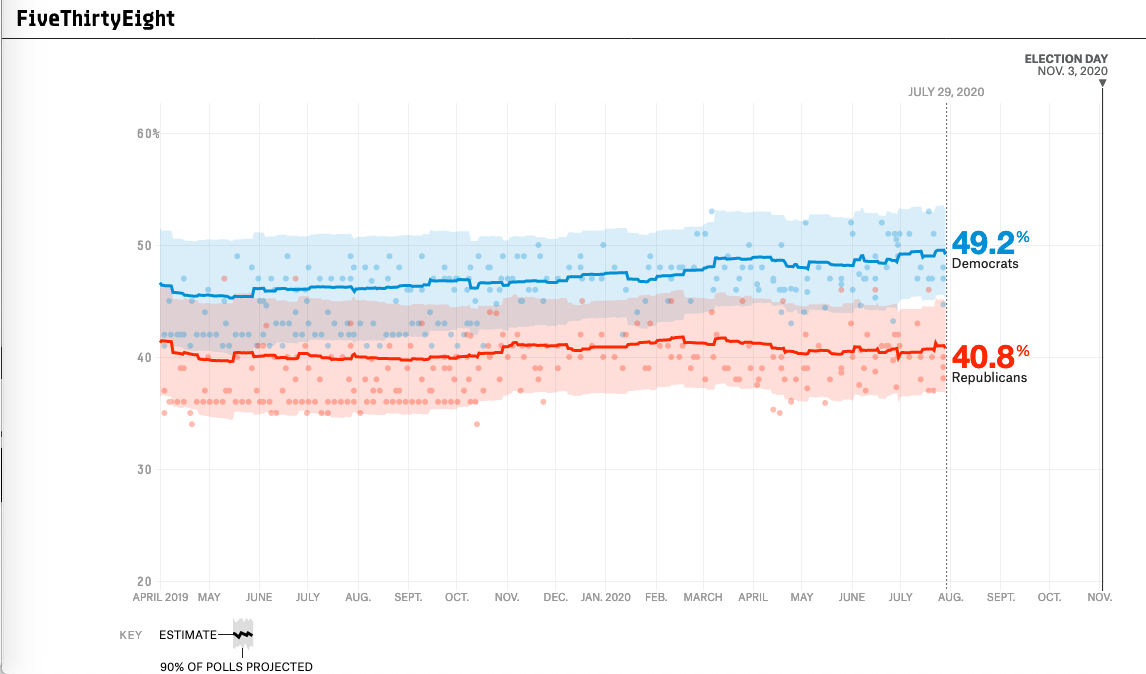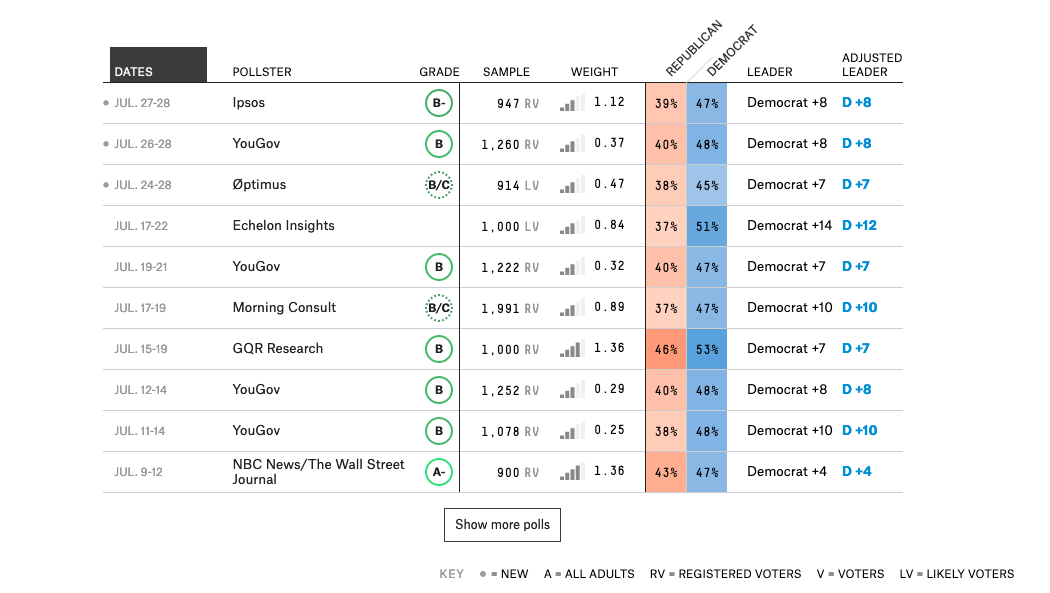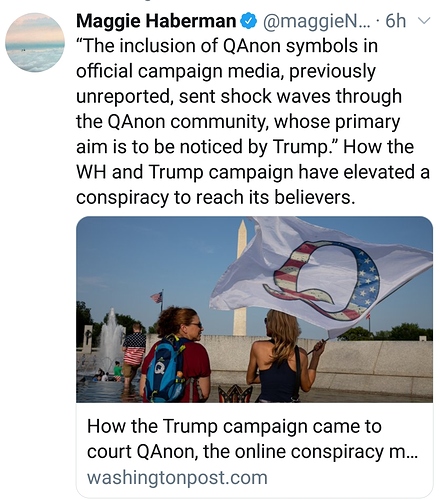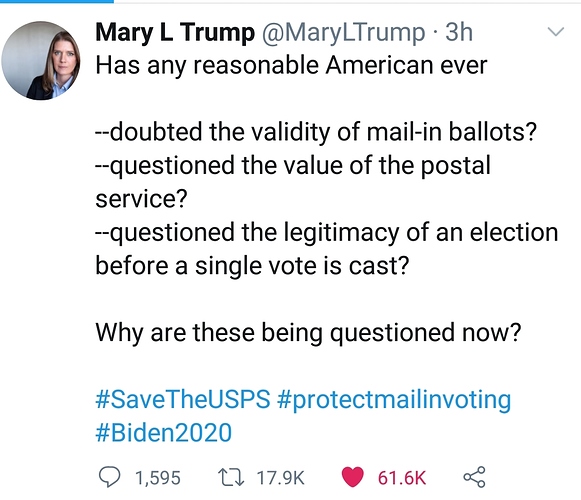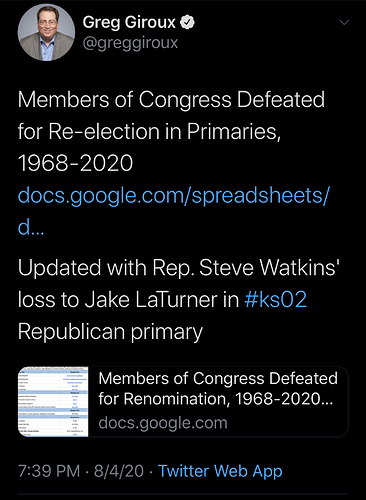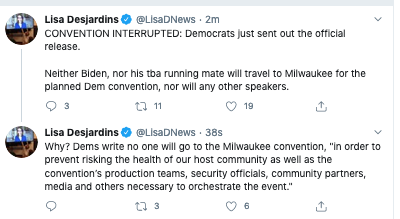Complaint Says Trump Campaign Payments Broke Rules
WASHINGTON—President Trump’s re-election effort is alleged to have paid more than $170 million to companies affiliated with former campaign manager Brad Parscale without disclosing the ultimate recipients of the money, a campaign-finance oversight group says in a new complaint.
The Campaign Legal Center says in the complaint filed Tuesday with the Federal Election Commission that other records show the campaign has used an external firm to buy TV and radio advertising, but that company isn’t named in disclosure filings, nor were some other vendors that have been publicly connected to the campaign.
The Washington oversight group—which has sued Republicans and Democrats in the past over disclosure issues—said that violates the Federal Election Campaign Act requirement that campaigns clearly document their vendors.
“The campaign’s failure to itemize disbursements to its ultimate vendors means that the public is left in the dark about the entities working for the Trump campaign, the nature of their services, and the full amount they are paid,” the complaint says.
The Trump campaign said the complaint was without merit. “The campaign complies with all campaign finance laws and FEC regulations,” spokesman Tim Murtaugh said.
FEC complaints generally take years to resolve, and currently the election-monitoring body doesn’t have enough commissioners to take any action.
Mr. Trump removed Mr. Parscale as campaign manager late last month, tapping former White House political director Bill Stepien to take his place. Mr. Parscale is now the campaign’s senior adviser for data and digital operations.
Most of the payments documented in the complaint were made to American Made Media, a company Mr. Parscale created in 2018 but has said he has no financial ties to. Other campaign payments in question were made to Mr. Parscale’s consulting firm, Parscale Strategy.
Mr. Parscale and other campaign aides told The Wall Street Journal when American Made Media was established that it would directly buy digital, television and radio advertising, saving the campaign money because it would cut out the need for an external media-buying firm that would charge a steep commission rate.
But advertising forms filed with the Federal Communications Commission show that the campaign has used an external firm, Harris Sikes Media, throughout the re-election campaign for all of its $250 million worth of TV and radio buys.
Mr. Murtaugh said in response to the complaint that American Made Media “builds efficiencies and saves the campaign money by providing these in-house services that otherwise would be done by outside vendors.” He didn’t respond to questions about the campaign’s use of an external media buyer.
That Alexandria, Va.-based media buyer, Harris Sikes Media, doesn’t appear in Trump campaign FEC reports, suggesting it is a vendor paid by American Made Media or Parscale Strategy, the Campaign Legal Center’s complaint says.
The group also said campaign-related salaries and expenses for Kimberly Guilfoyle, the girlfriend of Donald Trump Jr., and Lara Trump, Eric Trump’s wife, don’t appear in FEC documents. Both women are working alongside the president’s sons to help re-elect him.
“We can only speculate about what might be being hidden,” Brendan Fischer, Campaign Legal Center’s director of federal reform. He said it is important to have full disclosure to ensure the campaign isn’t violating rules about overpaying relatives and sharing vendors with super PACs, for example.
